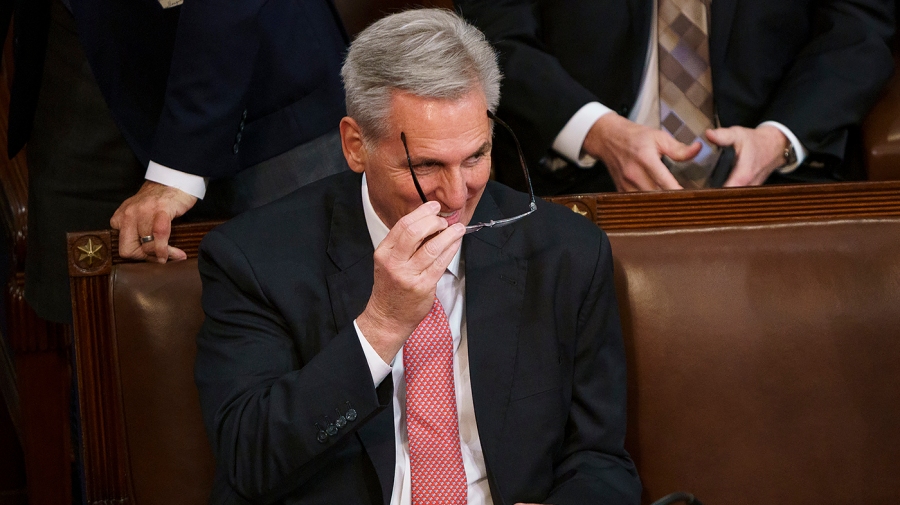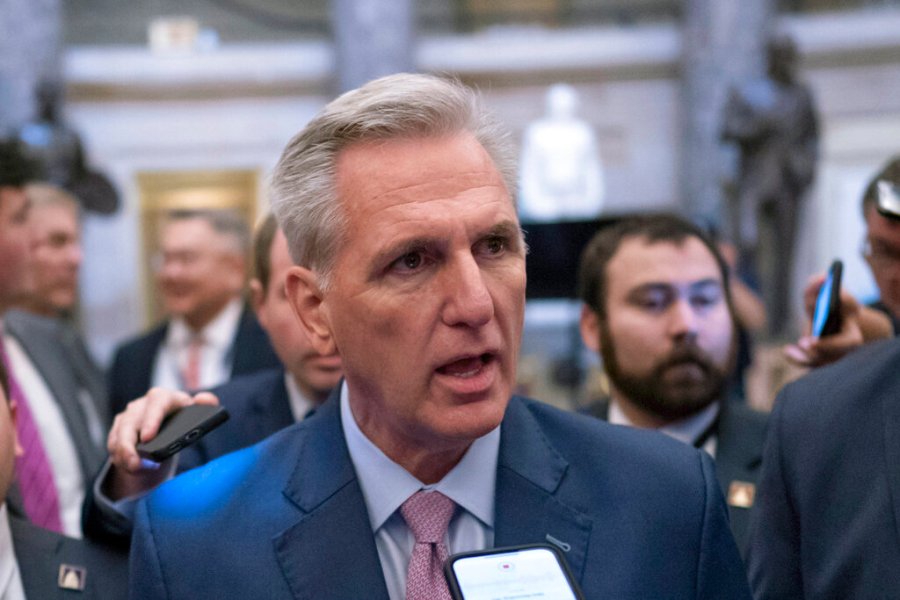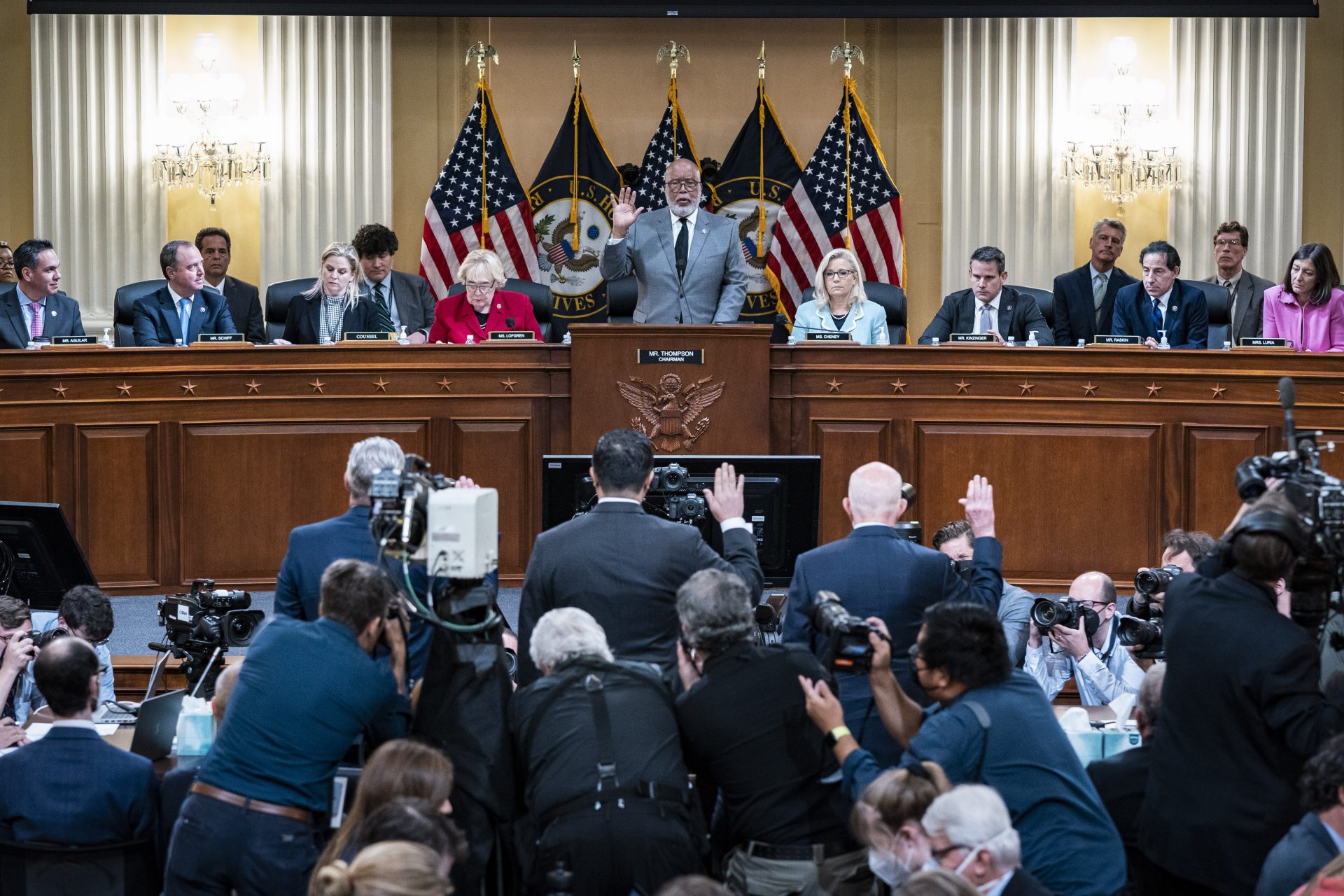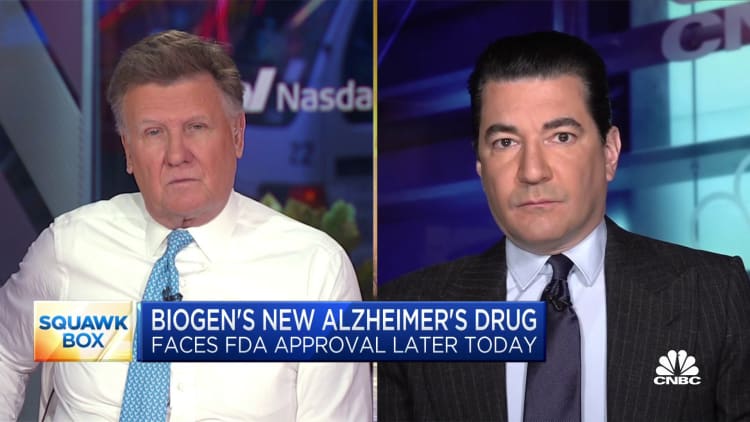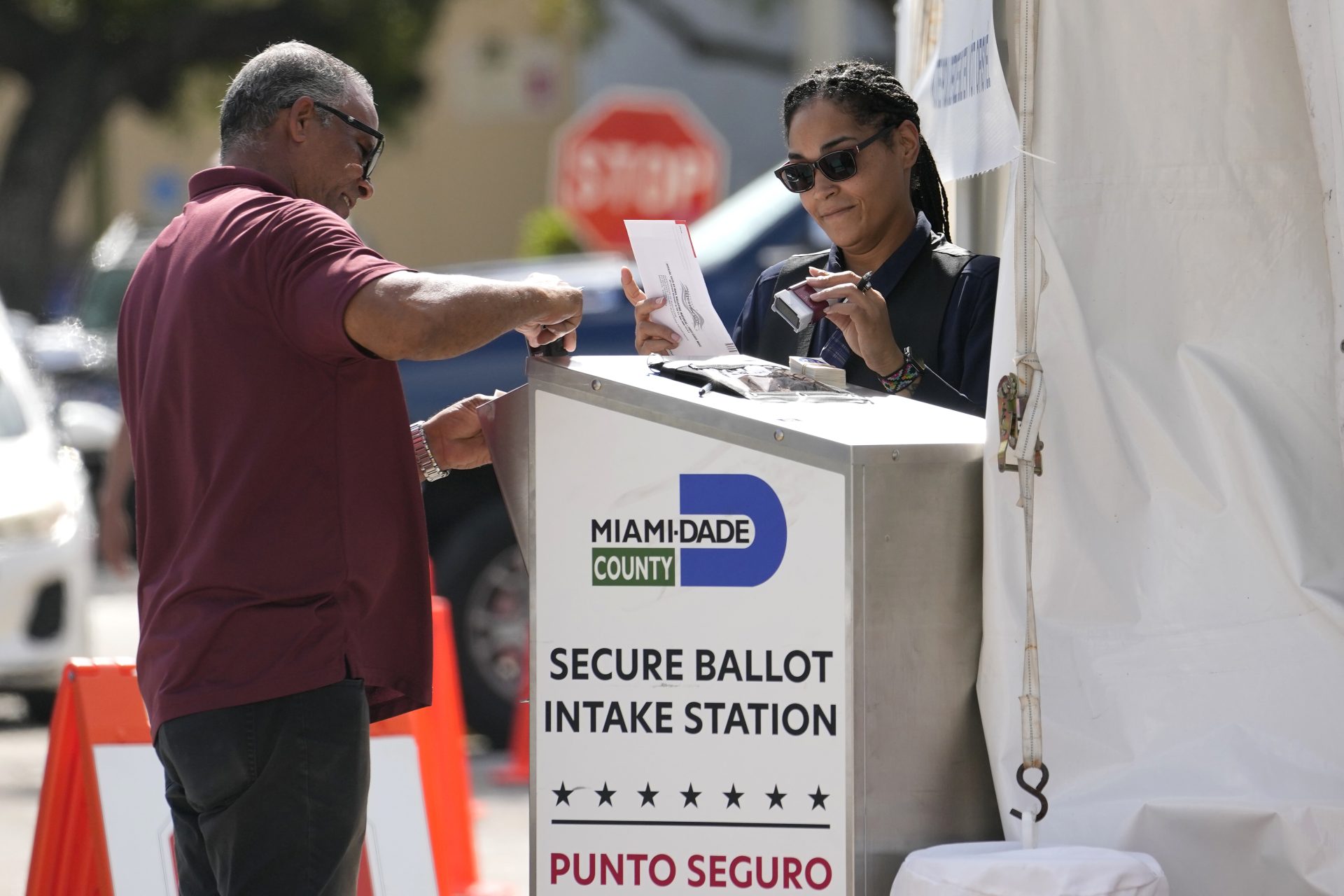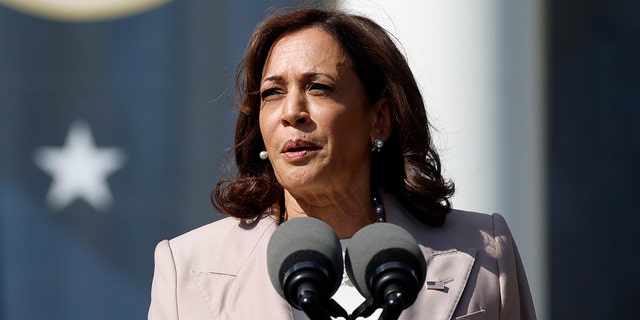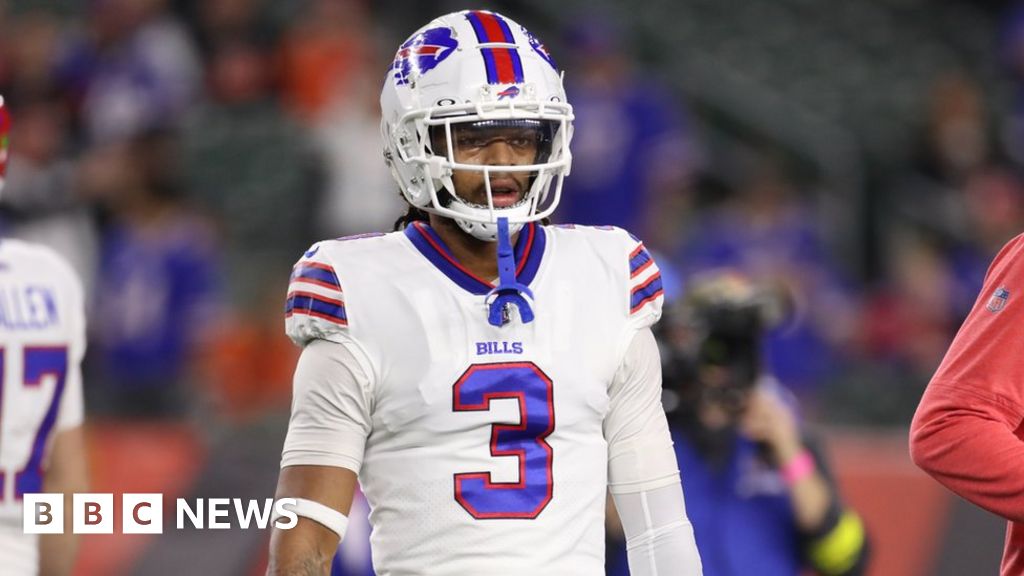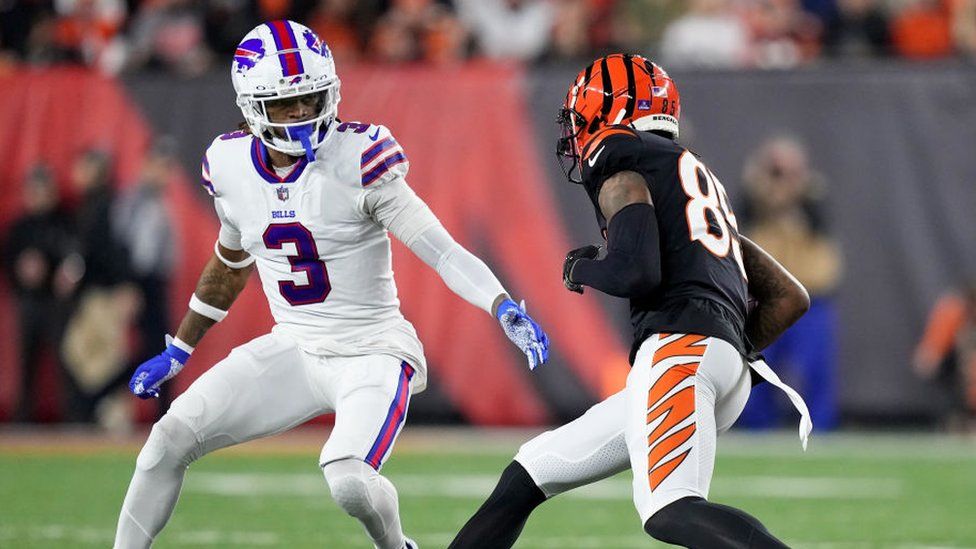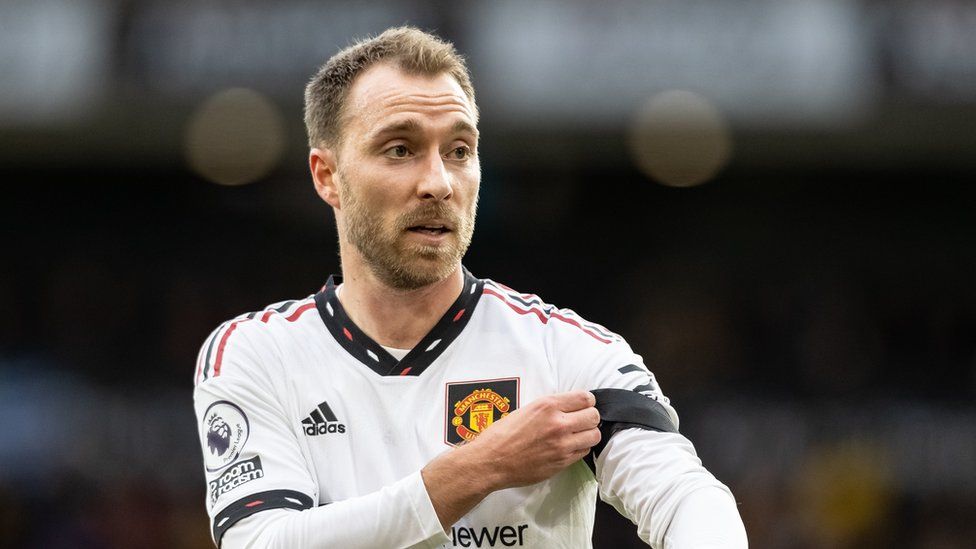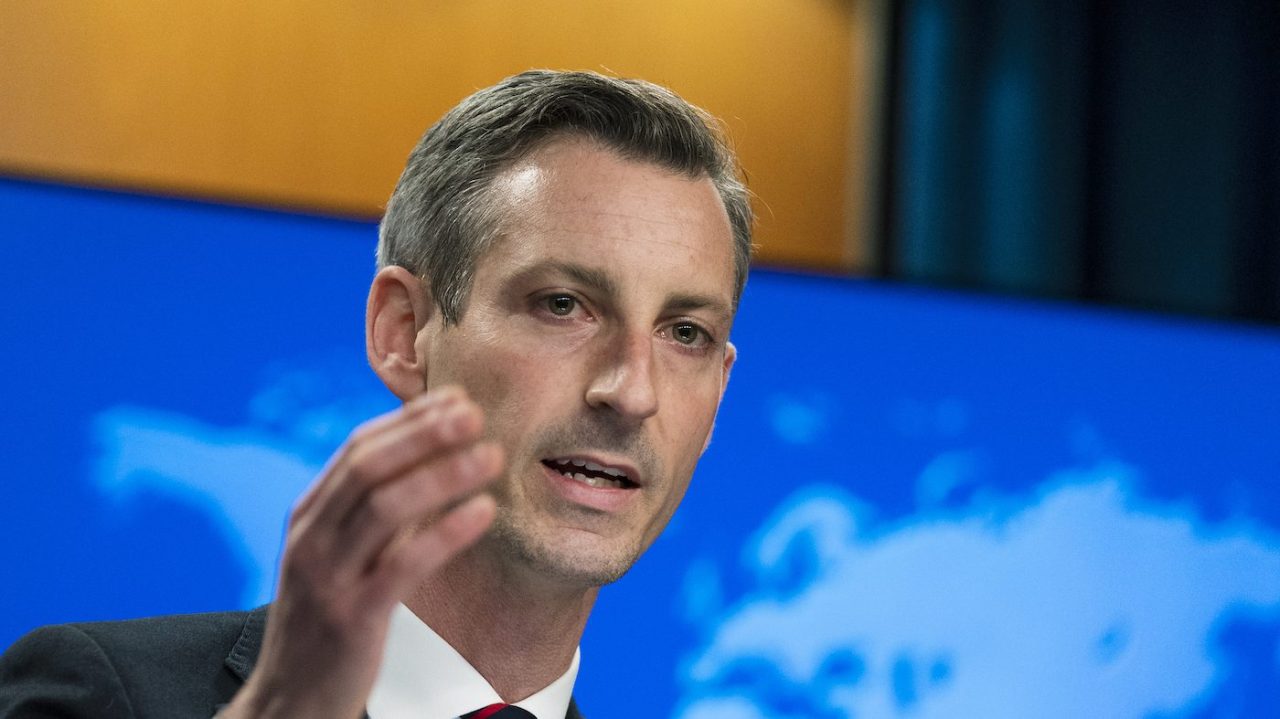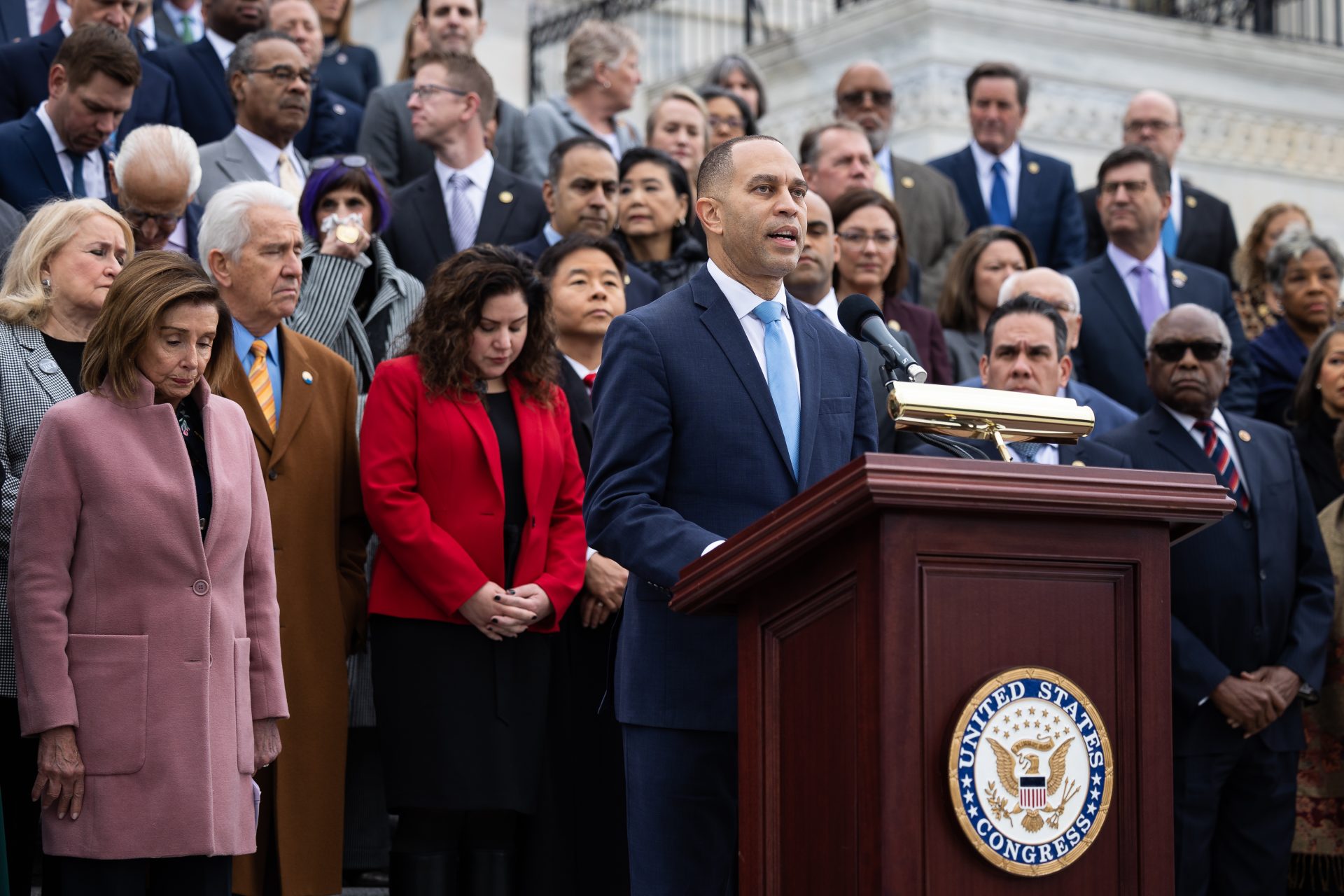Just In | The Hill
Rep. Kevin McCarthy (R-Calif.), the Republican leader in the House, cannot garner the votes necessary to be named the House Speaker despite his party gaining control of the chamber. There are 21 Republican representatives that have refused to support his candidacy, effectively holding him and the process hostage.
Compromise is necessary when an immovable objective is confronted with an unstoppable force. The current situation has reached such a dilemma. It is clear that instead of the Republican leadership conceding political capital with the 21 holdouts to buy their favor, negotiations with the Democratic leadership are needed to find a way for a House Speaker to be elected. This means engaging Democrats to form a coalition to elect McCarthy, some other Republican Representative, or even Democratic Rep. Hakeem Jeffries (D-N.Y.), the incoming Democratic House leader.
Such an effort would have multiple benefits.
First, the 21 Republican holdouts would immediately be neutralized and lose much of the influence they have gained to date. Given that most of them believe the false claim that the 2020 presidential election was stolen from former President Trump, even with overwhelming evidence to the contrary, these people should be treated with respect, since they were voted to be there — but not as special members that they have managed to become. Their efforts are the roadblock for the 118th Congress to be formed, holding the government hostage.
Second, with such a slight majority in the House, the GOP will be forced to work with and compromise on many issues with their Democratic brethren over the next two years. As such, this is the perfect opportunity to begin such a process and demonstrate that compromise rather than gridlock can be the theme of the 118th Congress. Moreover, with a split government, neither party will have the power to pass laws without mutual agreement. No one could have foreseen that the need for such compromise would arrive even before this Congress even officially opens.
Third, the nation’s business should take precedence over party politics. Whether it is McCarthy or some other Representative, a House Speaker must be elected so that the tasks of government can be executed in a timely manner, with no further delays.
If the Republican Party wishes to demonstrate that it can function in the best interest of the nation, finding a way to compromise across the aisle is imperative. Otherwise, their slim majority will be short-lived after the 2024 election.
What has become clear is that the Republican majority in the House is in name only. There are no longer two political parties. The 21 Republican holdouts have become their own party, much like how the far-left progressive wing of the Democrat party (dubbed “the Squad”) challenged Nancy Pelosi (D-Calif.) when she was the Speaker. Much to her credit, she managed to maneuver her slim majority despite these differences.
Electing McCarthy as House Speaker is less about the person and more about the principle. The dysfunction on display is a risk to our nation’s credibility around the world. Indeed, it tarnishes not only the Republican Party, but what the United States represents. If our nation’s democracy cannot function and operate effectively, what can be expected in other countries that emulate our system and seek similar freedoms?
How long the current deadlock continues remains anyone’s guess. The insurrection to stop the election certification on Jan. 6, 2021 was a threat to our nation’s democracy — and so is the current standoff on Jan. 6 2023. The sooner that some resolution is achieved, without giving away “the bank” to the 21 holdouts, the sooner our democracy can begin to heal from this self-inflicted wound and the internal political cancer that it has exposed.
What is certain is that if 21 GOP representatives are unwilling to act in the best interest of the country, there are 212 Democratic Representatives available who may be willing to do so. The sooner such negotiations begin and come to fruition, the sooner this debacle can be put behind us.
Sheldon H. Jacobson, Ph.D., is a professor in computer science at the University of Illinois Urbana-Champaign. A data scientist and operations researcher, he applies his expertise in data-driven risk-based decision-making to evaluate and inform public policy.
Campaign, Opinion Read More

